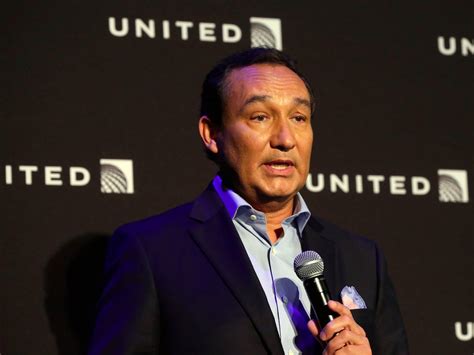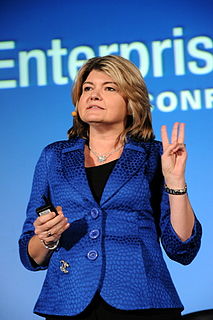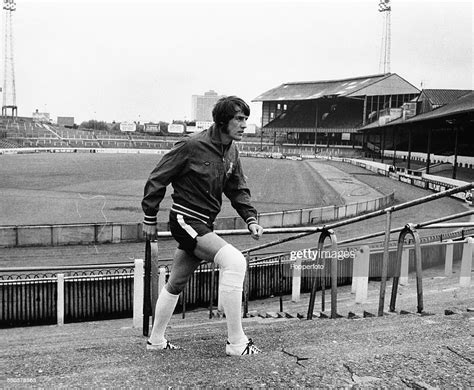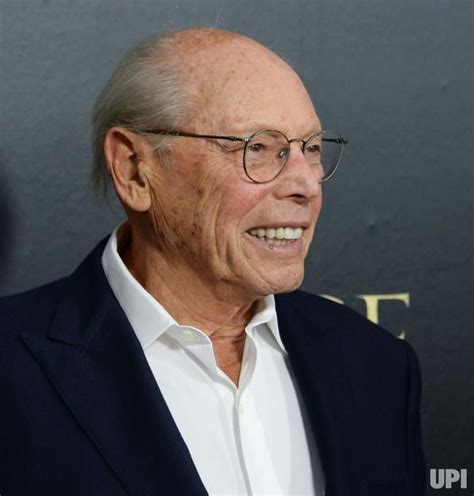A Quote by Oscar Munoz
Let's be honest: the implementation of the United and Continental merger has been rocky for customers and employees.
Quote Topics
Related Quotes
Sure enough, as merger has followed merger, journalism has been driven further down the hierarchy of values in the huge conglomerates that dominate what we see, read and hear. And to feed the profit margins journalism has been directed to other priorities than "the news we need to know to keep our freedoms"

































